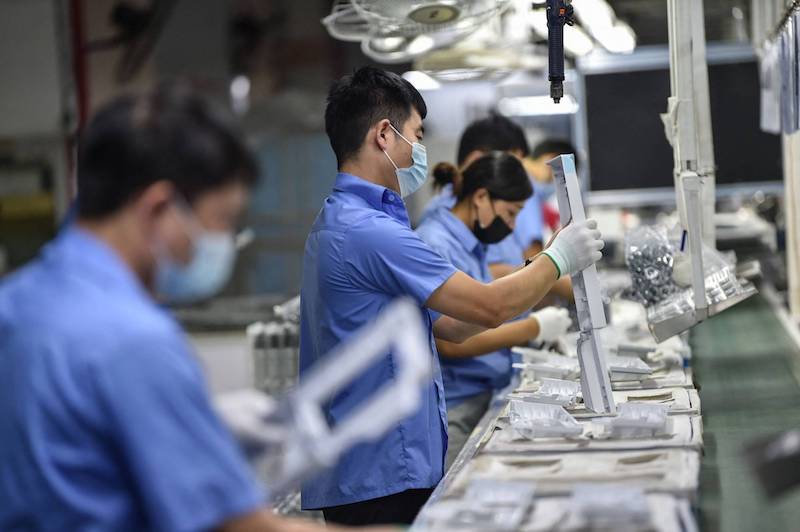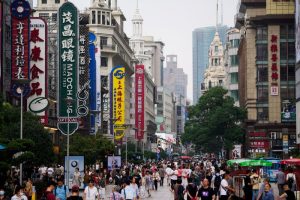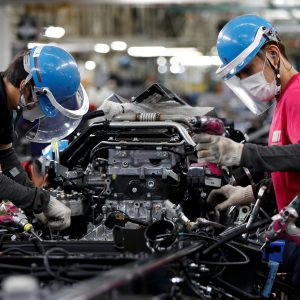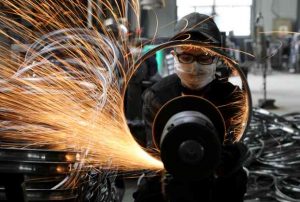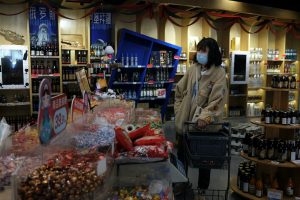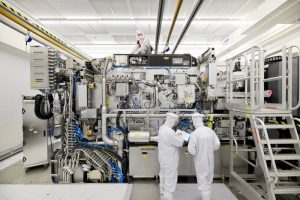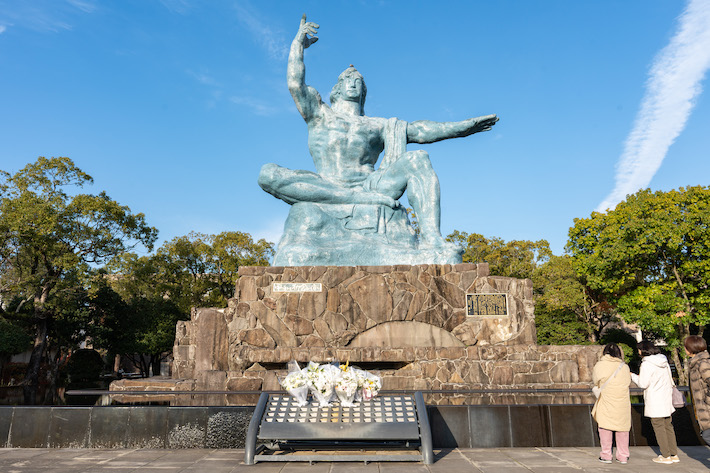China’s factory-gate inflation rose more slowly than expected in December as the government took steps to contain higher raw material prices, official data showed on Wednesday.
The producer price index (PPI), which measures the price of goods sold by manufacturers, climbed 10.3% from a year earlier, the National Bureau of Statistics (NBS) said in a statement.
Economists in a Reuters poll had expected the PPI index to gain 11.1% after a 12.9% rise in November.
Factory inflation has moderated from record highs in recent weeks as Beijing intervened to stabilise high raw material prices and ease an energy power crunch.
“We expect the moderating trend in PPI inflation to continue, given high base effects and easing pressure on manufacturing input prices,” Barclays economist in Hong Kong Zhou Yingke said.
Dong Lijuan, a senior NBS statistician, said government policies to stabilise prices had helped to lower commodity costs.
Prices in the coal mining industry fell 8.3% and prices in the oil extraction and refining sectors dropped 8.3% and 4%, respectively, compared with the previous month.
However, China has faced increasingly frequent Covid-19 cases in recent months and its strict zero-virus policy poses challenges to growth prospects in the world’s second-largest economy.
Property woes and the slowing manufacturing sector also present headwinds, analysts said.
However, “lower inflation opens room for the government to loosen monetary policies further”, Zhiwei Zhang, chief economist at Pinpoint Asset Management, said.
“We expect that China will maintain a loose and independent monetary policy, and its equity and bond markets will remain appealing globally, with foreign holdings continuing to rise,” Lynda Zhou, equity portfolio manager at Fidelity International in Hong Kong, said.
- Reuters and AFP, with additional editing by George Russell
READ MORE:
Mass Covid Shutdowns in China Manufacturing Hub
Sony Confirms TSMC Talks Over Chip Factory
China’s Xi’an Locks Down 13m Residents, Warriors Over Covid




